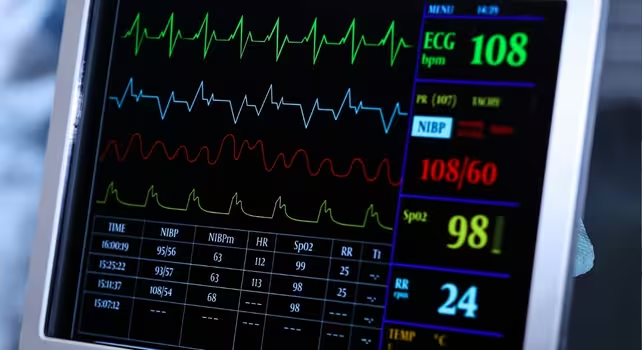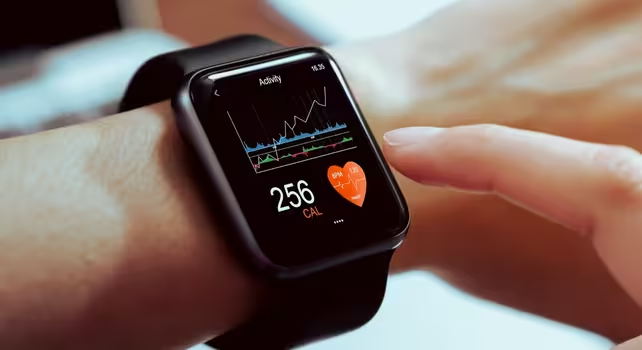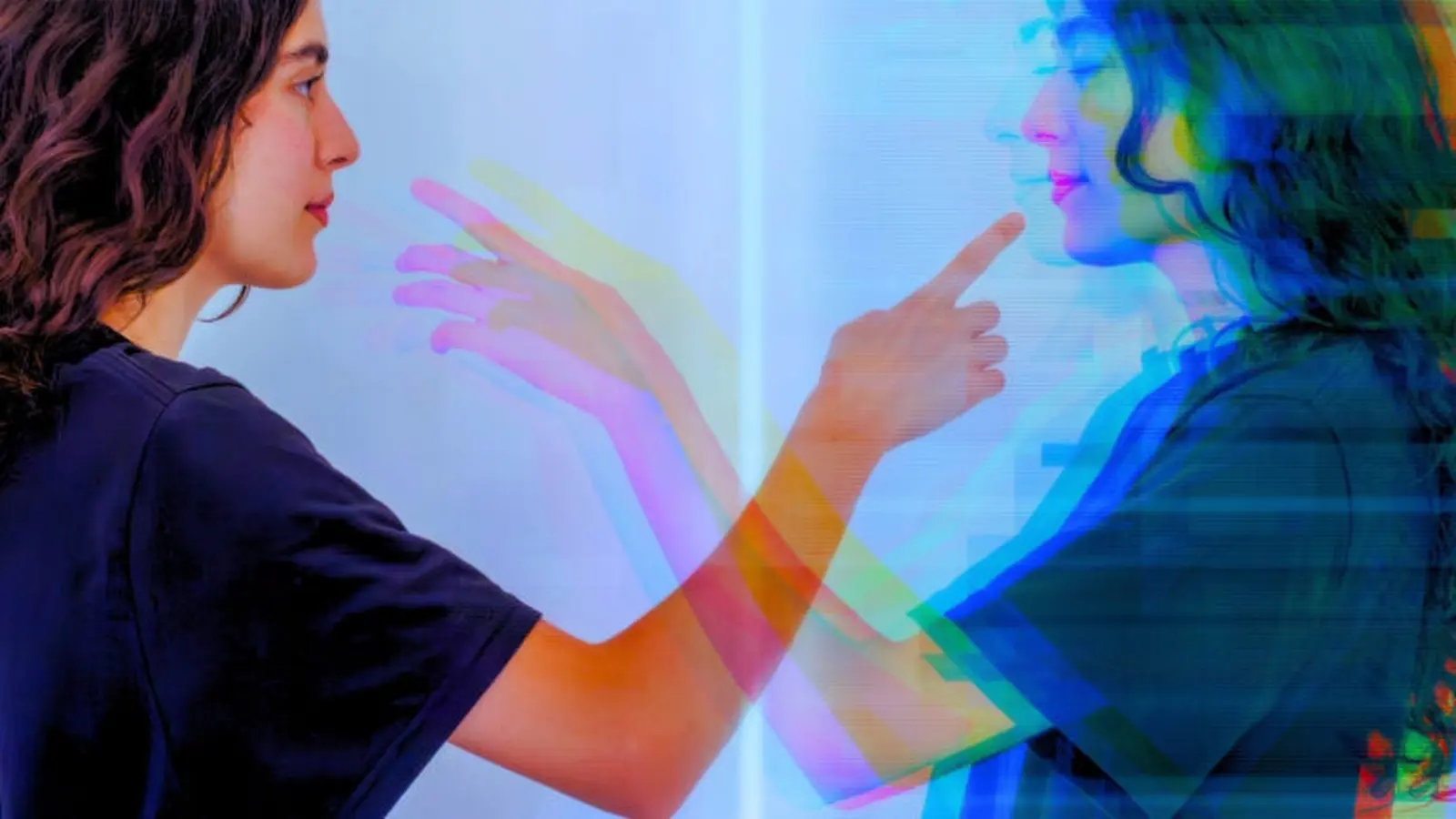6 Minutes
Imagine a virtual version of yourself that learns from your sleep patterns, heart rate and daily behaviour — not just to mirror your health, but to predict and prevent decline. Digital cognitive twins are emerging as a new frontier in personalised mental health care, blending continuous biosensor data with artificial intelligence to model how an individual’s cognition and mood may change over time.
What is a digital cognitive twin and how does it work?
A digital twin is a dynamic, data-driven replica of a real-world system. In industry, digital twins have long modelled factories, aircraft engines and vehicles to forecast faults and optimise performance. Translating that concept to the human mind produces a "cognitive twin": a software model that integrates physiological signals, cognitive tests, behavioural patterns and self-reported mood to simulate an individual brain’s likely trajectories.
These models are not static. They continuously update as new inputs arrive from wearables, apps, clinical assessments and even daily interactions. Using machine learning, a cognitive twin can recognise subtle shifts — a change in sleep architecture, rising resting heart rate, or slower reaction times — and infer whether those shifts are benign, temporary, or early signs of decline.
From heart models to brain models: precedent and promise
Digital twins have already proved their worth in medicine. For example, cardiac digital twins can simulate how a specific patient’s heart will react to arrhythmias or interventions, helping clinicians choose safer, more effective treatments without exposing the patient to unnecessary risk. A digital twin of your heart can make diagnostic techniques and treatments safer.

Applying the same logic to cognition and mental health could transform prevention and treatment. Instead of reactive care — waiting until symptoms severely impair daily life — clinicians could use cognitive twins to spot trajectories that predict dementia risk, depressive relapse, or decline in attention. This opens a path to early, targeted interventions tailored to an individual’s unique profile.
Data sources: the devices you already own
The revolution rests on data fusion: combining many modest signals into a coherent, predictive picture. Smart watches, activity trackers and sleep sensors already capture heart rate variability, sleep stages, movement patterns and exercise metrics. Smart watches and Fitbits provide large amounts of health data.
When paired with periodic cognitive assessments delivered via smartphone apps, ecological momentary assessments (brief in-the-moment surveys), and clinical records, these streams allow AI to estimate memory trajectories, attention span trends, and mood stability. With each interaction the cognitive twin refines its model and updates recommendations — from personalised cognitive training exercises to lifestyle adjustments and alerts to clinicians when intervention may be needed.
How personalised brain training is different this time
Until now, digital brain training mostly meant generic games with limited and contested benefits. Cognitive twins change the game by embedding training within a scientifically grounded, adaptive system. Exercises would be selected and tuned to the person’s current cognitive state, clinical history and predicted trajectory, rather than offering the same set of puzzles to everyone.

That means faster, more relevant gains for users and clearer evidence for clinicians. And because recommendations are tailored and continuously validated against incoming data, cognitive twins could support preventative strategies aimed at slowing age-related cognitive decline or reducing relapse risk in mood disorders.
Risks, ethics and the digital divide
Powerful as they are, cognitive twins raise important ethical and practical questions. Data privacy is paramount: models require access to intimate, longitudinal data, so robust encryption, transparent consent practices and clear policies about data ownership are essential. Algorithmic transparency is also necessary to avoid opaque decisions about diagnosis or treatment.
There’s also a risk that those who would benefit most — older adults, socioeconomically disadvantaged groups, or digitally excluded populations — could be left behind. Developers and health systems must prioritise accessibility, low-cost options, and user-friendly interfaces to prevent widening health inequities.
Scientific context and implications for research
Digital cognitive twins sit at the intersection of neuroscience, behavioural science and AI. They require rigorous validation: models trained on one population may not generalise to another without careful calibration. Large-scale cohort studies that link wearable data, clinical outcomes and cognitive measures will be crucial to train and test models across ages, cultures and clinical conditions.
For clinical trials, cognitive twins can help stratify participants by predicted progression, improving trial efficiency and increasing the chance of detecting real treatment effects. In routine care, they could inform personalized monitoring schedules and identify candidates for non-pharmacological interventions like targeted cognitive therapy or lifestyle modification.
Expert Insight
"Think of a cognitive twin as a continuously updated roadmap for a person’s mental health," says Dr. Elena Morales, a fictional cognitive neuroscientist specialising in digital biomarkers. "It won’t replace clinicians, but it can flag early deviations, suggest tailored exercises, and provide evidence-based predictions that make care more proactive. The challenge is ensuring models are transparent, fair and validated across diverse populations."
Her view reflects a broader consensus among researchers experimenting with digital twins: the technology is promising but must be developed in concert with clinicians, ethicists and patients.
Looking ahead: from novelty to routine care
Digital cognitive twins are not a magic bullet, nor an immediate replacement for clinical judgement. But they offer a scalable method to individualise prevention and monitor mental health in daily life. Over the next decade, as wearable sensors improve and datasets grow, cognitive twins could move from pilot projects into clinical platforms used in primary care, memory clinics and mental health services.
Imagine a future where your digital double nudges you toward better sleep after a period of fragmented rest, suggests a short, evidence-based cognitive exercise when attention falters, or alerts your clinician to an emerging pattern of decline — all while respecting your privacy and preferences. That blend of prediction, prevention and personalization could make mental health care more timely, targeted and humane.
Source: sciencealert
Comments
neuroLab
Feels a bit overhyped, data privacy and bias seem huge hurdles. Who vets these models? also, older folks might be left out
synbyte
Wow this blew my mind, kinda sci fi but plausible. If my watch nags me about mood changes, hmm scary but could help.


Leave a Comment